A Guide to Purchase Glass Windows: What Should I Consider?
The selection of the right type of windows is much more than considerations of aesthetics. They should be comfortable, energy-efficient, and durable. Choosing the right kind can, thereby, be quite a daunting task, considering that there are many types of glass windows available in the market.
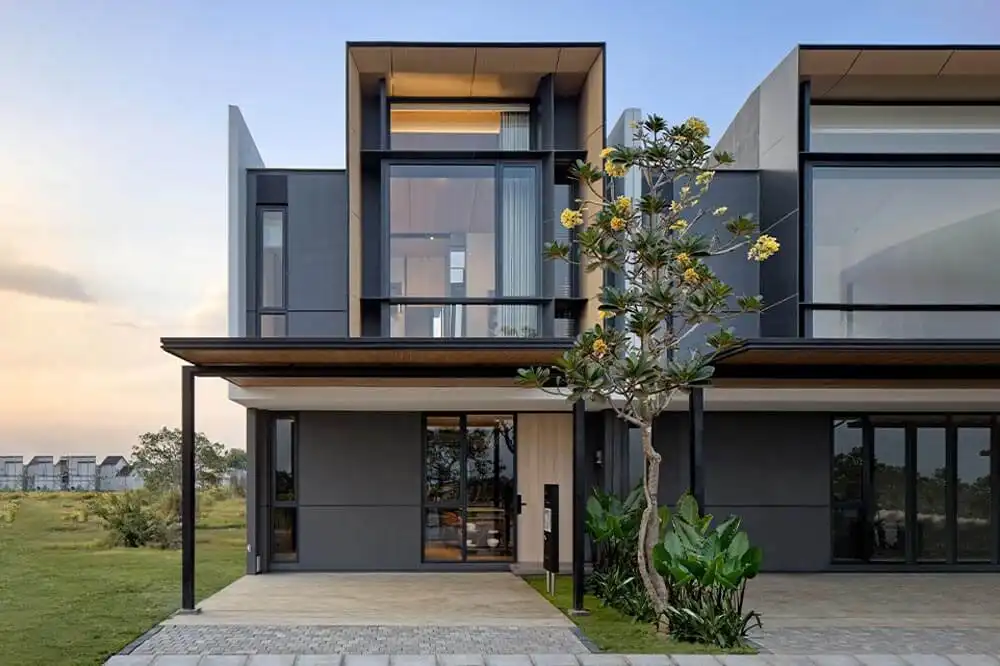
The following guide will discuss important glass types and their advantages. This blog post will enlighten you on how to buy glass windows that suit your needs.
5 Glass Types You Should Be Familiar With
You must know that different glass types have different functions and applications, from increasing the house’s energy efficiency to providing safety and being a window material design element. Some types are aimed at preventing heat loss, while others boast extra strength or are noise-reducing. It all depends on your particular requirements, climate, and budget.
Let's go over the common glass types so you can get the best one for your windows.
1. Single or Double Glass Pane
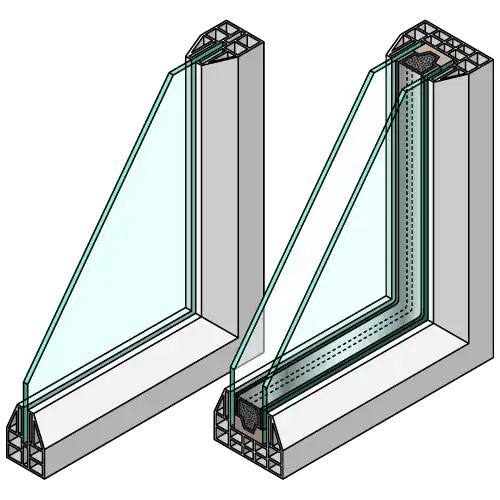
A single pane is the baseline choice for window glass. They provide little insulation, but they are also cheaper.
In contrast, double glass pane windows have panes that act as an insulating layer. This is more energy-efficient and reduces sound better.
You can check out our blog for more information about how to choose between single and double glass pane windows.
2. Tempered Glass
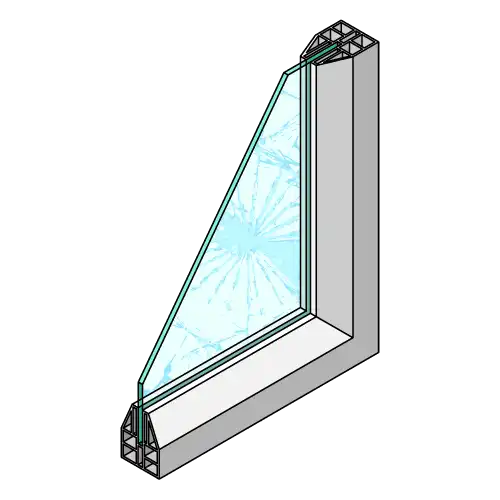
Tempered glazing is quite safe. Compared to normal glass, this is specially heat-treated to become very tough. The glass breaks into long shards, making it perfect for child-friendly homes.
3. Low-E Glass
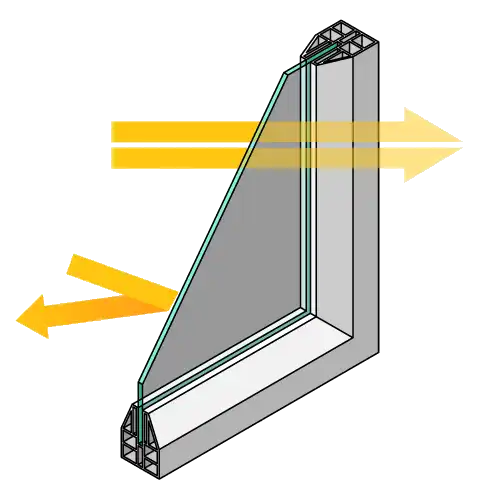
Low-E glass has this fine invisible film that can reflect infrared radiant heat. It is this technological control that makes sure that the indoor heat does not run out during winter and that too much outdoor heat does not get in during summer. Hence, the energy performance of glazing is elevated, resulting in low energy bills.
The glass type reduces the absorption of UV radiation that prevent damage to your furniture, flooring, and curtains. Different coatings of the glass are available. Hard-coat and soft-coat Low-E types of glasses are available, which gives different levels of insulation and suits different climates and needs in a home.
4. Tinted Glass
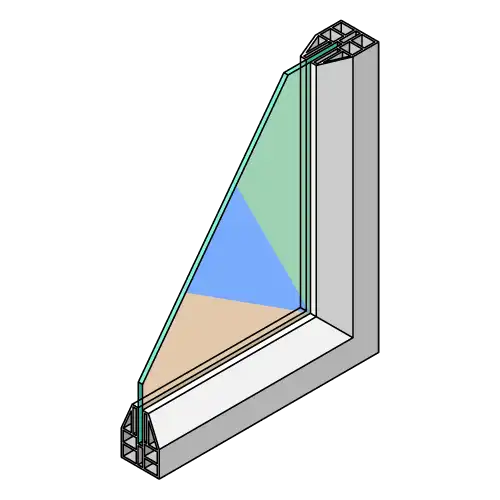
Tinted glass is treated with a colored or reflective coating to reduce glare and decrease excessive sunlight. It allows you to maintain an indoor atmosphere as well as reduce energy bills.
The glass type also improves privacy levels without completely blocking natural light. So, the glass is both functional and improves aesthetics.
Considerations Before Buying
Climate, security needs, and design preferences also determine the best type of window. Here are the important tips regarding buying glass windows.
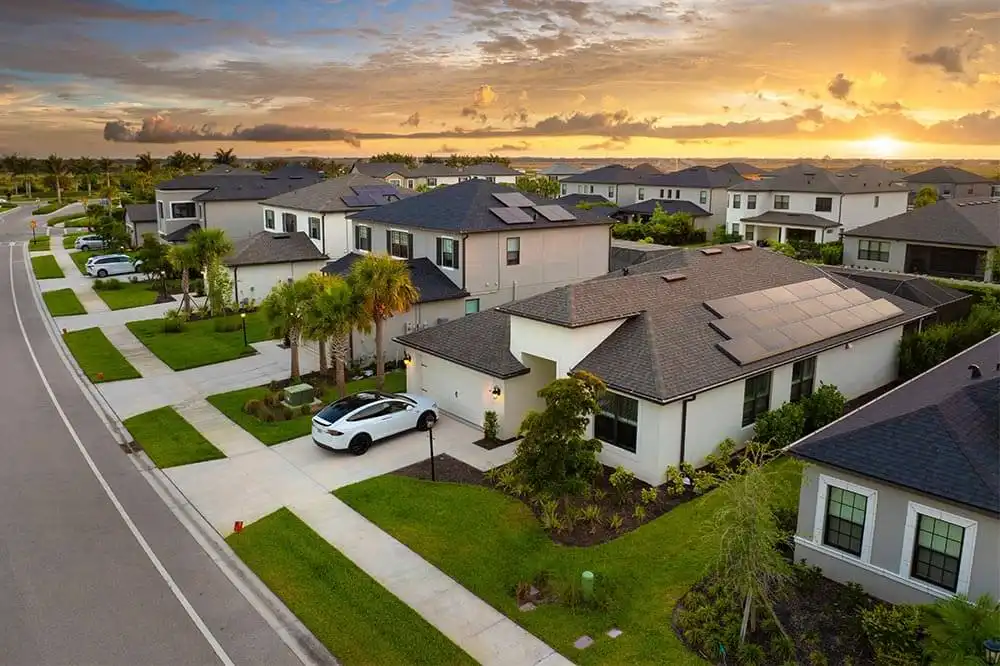
1. Energy Efficiency
Insulated glass in double or triple-pane provides increased energy performance. Investing in energy-efficient windows boosts not only personal comfort but also decreases future utility bills.
2. Climate and Weather Conditions
Frames that are weather-resistant and properly sealed last for a long time. Insulated glass reduces the loss of heat in colder climates, and Tinted or LT in hotter climates reduces heat inside the house.
3. Acoustic Value
In case you reside in a noisy neighborhood, these windows could be double or laminated with some special acoustic material. These provide excellent noise insulation resulting in a comfortable environment inside the house.
4. Safety
Tempered or laminated glass is impact-resistant that results in enhanced safety. Multi-point locking combined with a reinforced frame will increase the level of protection, leaving burglars struggling to break in.
Selecting the Right Frame for Your Glass Windows
The choice of frame directly affects the longevity and ease of upkeep as well as the thermal performance of the windows. Each material has its advantages, from shiny aluminum to rustic wood. Thickness of profile, price, climate, and design: all this must be taken into account when choosing the frame.
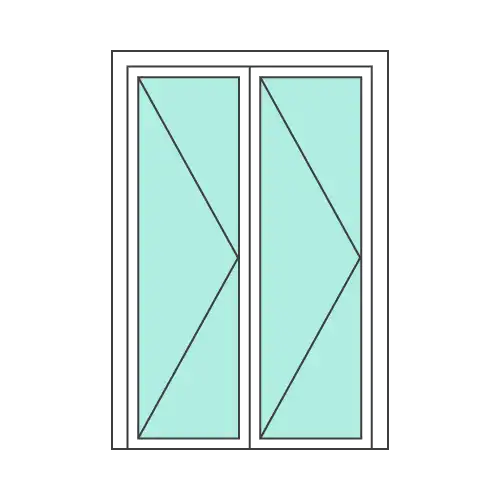
0+2
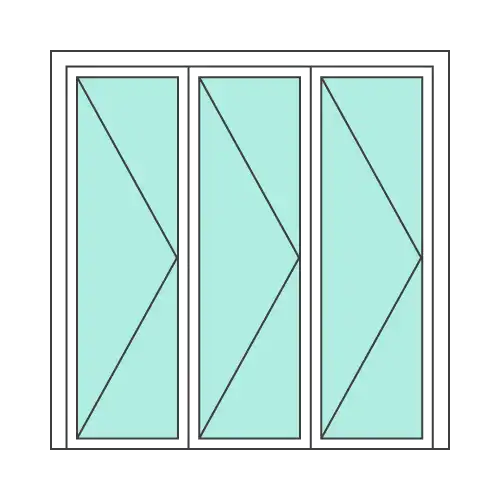
0+3
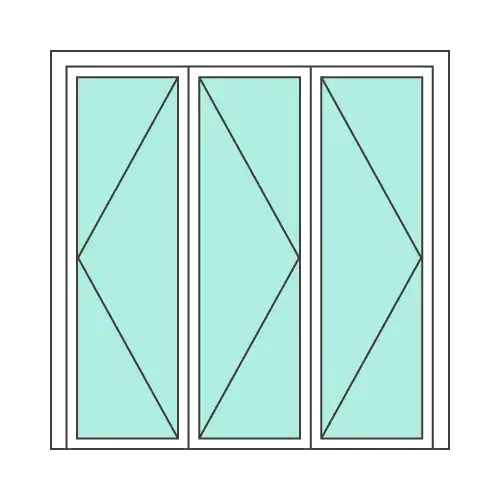
1+2
1. Aluminum Frame
This material is known for its strength, low weight, and lack of corrosion, so it can well be used in contemporary living conditions. When you use it, you get that minimalist appearance, providing large panes of glass. As a poor conductor of heat, it conducts heat; therefore, you can go for frames that are broken thermally so that your home is energy-efficient.
2. Vinyl Frame
Vinyl frames are also known for their strength and are highly efficient when it comes to insulating houses. They do not corrode, which makes them suitable for contemporary houses. Besides, the profiles are slim and can accommodate expansive panels of glass.
Moreover, vinyl frames do not conduct heat like aluminum frames do. This makes them energy efficient, resulting in reduced bills.
3. Wooden Frames
Wooden frames are inexpensive and have good insulating properties. However, they are not recommended for wet climates since the wood may swell in damp conditions. They don't appear as elegant as the wooden or aluminum frames, although they are robust and provide good insulation.
These frames bring beauty and warmth to the home, and natural insulation comes with the package. More maintenance is required to keep them from warping and rotting and being attacked by insects, so they are best suited in controlled environments.
Types of Glass Window
Glass windows are not just about the glass but more about the frame and opening mechanism because they contribute a lot to its functionality and style. Therefore, different types of windows have different advantages.
From maximum ventilation to creating architectural features, choosing the best type to meet your requirements will work best for you. Here is a look at the different types of windows to help you make a better choice.
1. Casement Window
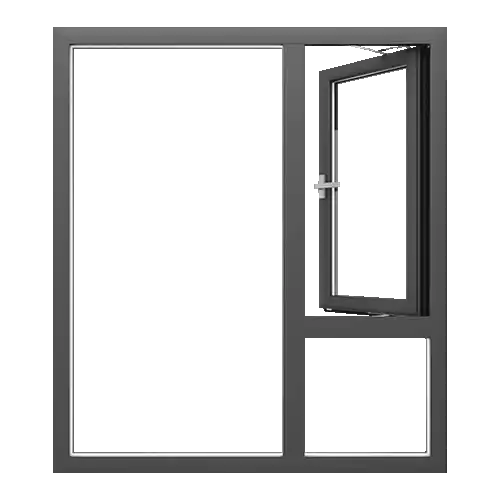
Casement window opens on hinges, swinging to let the air in. Since they open fully, they provide excellent ventilation. Moreover, they have a very tight seal when closed, making them energy efficient.
2. Sliding Window
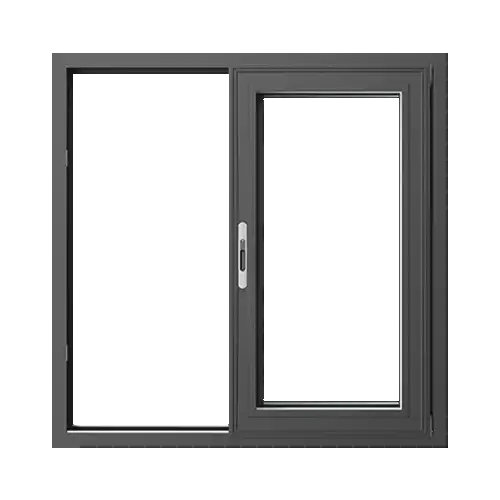
Sliding windows move horizontally on tracks for ease of operation due to this kind of. Action also, such window options are best used when swing windows are out of the question. As a second reason, sliding windows are very neat and sleek.
3. Awning Window
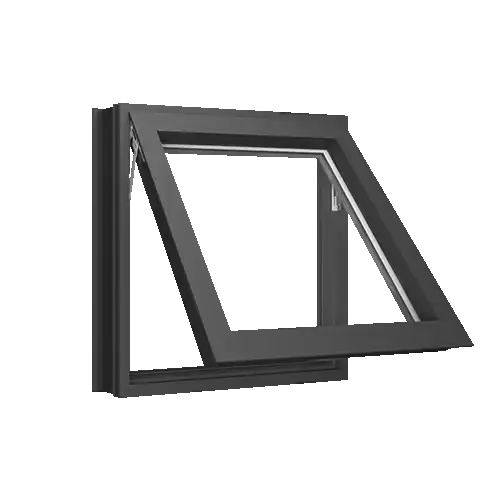
An awning window is a window that opens outward rather than sliding up and down. Offering maximum ventilation, an awning window is often a very good choice combined with other window styles.
4. Tilt & Turn Window
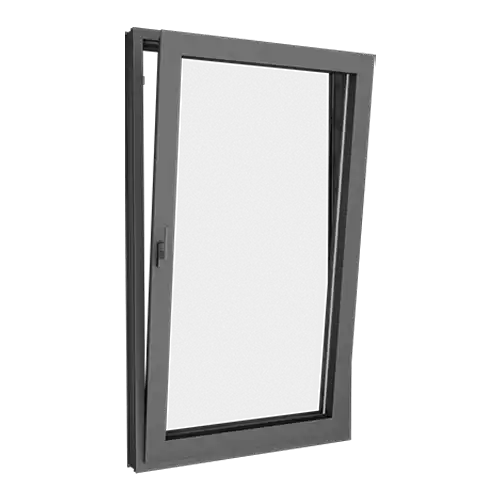
Tilt & turn windows are gaining popularity in the States. They pivot on the bottom (top) a few inches inward for effective and safe ventilation (interior comfort). In the turn position, the window opens inside, allowing easy cleaning. They are frequently used with no sills or partitioned, large openings. Take a look at WANJIA's tilt-and-turn windows for dependable weatherproofing and venting.
A tilt and turn window is able to do two things: tilt inwards for ventilation or swing open like a door for full access. With this dual functionality, it becomes extremely versatile. WANJIA provides tilt & turn windows with very strong hardware so that they can run for long periods smoothly.
5. Picture Window
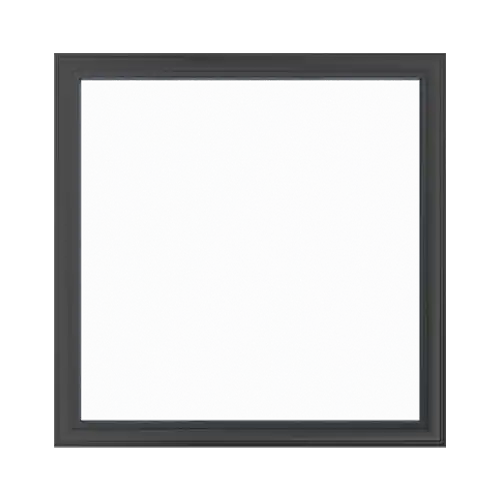
A picture window is a large, fixed pane of glass. It provides unobstructed views and maximum daylight and, therefore, is very useful in viewing scenery or landscapes.
6. Bay Window
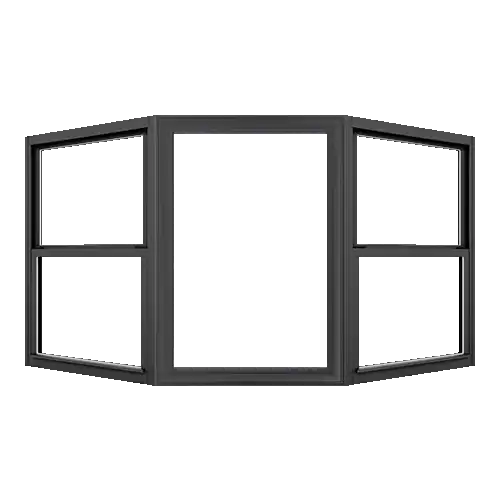
Bay windows project outward from the wall, and because of that, a lot of light comes into the interior. A bay window, as normally installed, consists of one central picture window and flanking side units. Thus, architectural interest is added, plus extra space is gained in the interior.
Installation and Maintenance
Professional installation and quality maintenance enable windows to remain durable for a long period. Whether these glass windows are to last, you must invest in professional services and ensure that proposed maintenance routines are implemented.
Considerations Before Buying
Climate, security needs, and design preferences also determine the best type of window. Here are the important tips regarding buying glass windows.
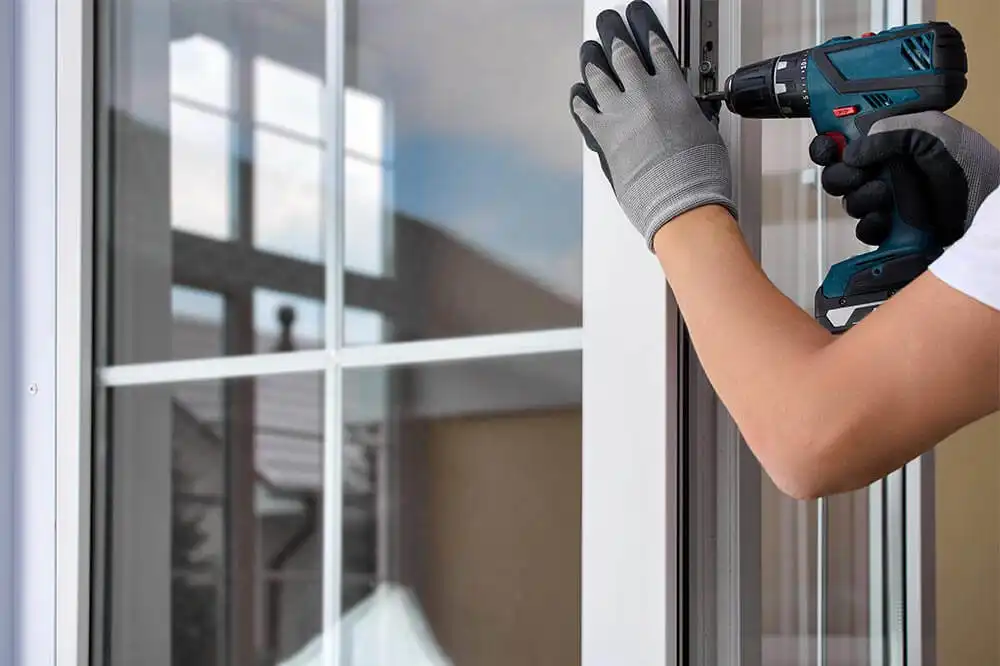
1. Energy Efficiency
Insulated glass in double or triple-pane provides increased energy performance. Investing in energy-efficient windows boosts not only personal comfort but also decreases future utility bills.
2. Climate and Weather Conditions
Frames that are weather-resistant and properly sealed last for a long time. Insulated glass reduces the loss of heat in colder climates, and Tinted or LT in hotter climates reduces heat inside the house.
3. Acoustic Value
In case you reside in a noisy neighborhood, these windows could be double or laminated with some special acoustic material. These provide excellent noise insulation resulting in a comfortable environment inside the house.
4. Safety
Tempered or laminated glass is impact-resistant that results in enhanced safety. Multi-point locking combined with a reinforced frame will increase the level of protection, leaving burglars struggling to break in.
Final Thoughts
Windows represents an investment in improving the comfort, energy efficiency, and value of your house. Thorough research should be apparent in the final choice.
Whether the top priority of yours is given to ventilation, energy efficiency, or an amazing view, WANJIA is to present a huge diversity of high-quality glass windows for you to improve your home. Installed and maintained properly, new windows are to bring many years of delight and service.

